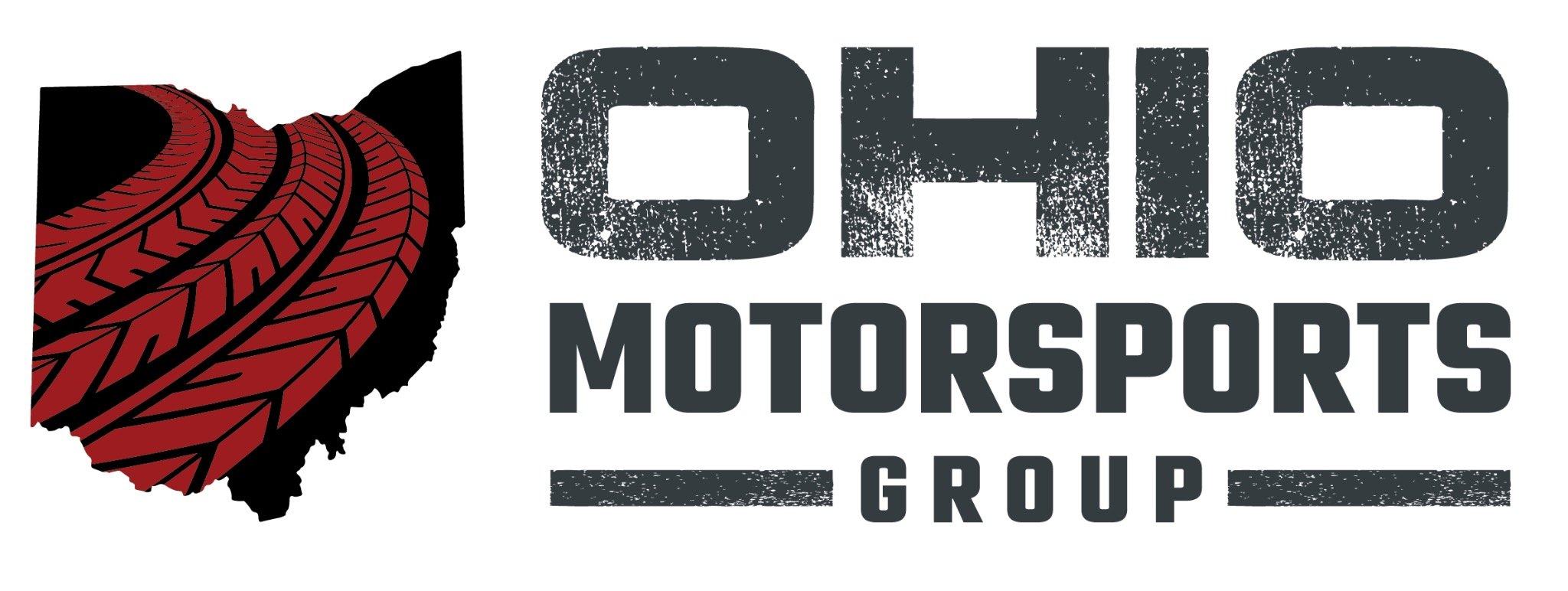The waiver should not be trying to disclaim negligence - it doesn't work against a determined enough plaintiff. The waiver is an Acceptance Of Risk (AOR) and it trying to achieve two things... 1) Getting you to agree that you won't sue them for these specific things that might happen there... and 2) providing proof that you were notified of the specific nature of the risks. Thing is, court, if you push it, will tend to agree that negligence is the exact reason you ARE being sued. That's liek saying; "You can't arrest me for DUI, I'm DRUNK!" If you could disclaim negligence then the EMTs could just wrap a chain around your leg and drag out out of the car with a pickup truck, snapping every bone on the way out, and then you're stiffed. The waiver should say; "Racing is an extremely dangerous sport that includes the risk of injury or death. The track provides emergency medical staff who will act in good faith and to the best of their ability to rescue and treat you if the need arises, however you accept that you may not be in a position to consent to, choose or decline any specific rescue techniques employed. You are still at extreme risk of injury or death despite the best efforts of the Emergency Rescue personnel. Some rescue methods require split-second decisions to be made that could increase some injuries if those actions are required to save your life. This includes, but is not limited to, rib injures during CPR, injuries associated with extrication from a vehicle, or even inability to follow spine support protocols in dire cases such as extrication form a burning vehicle." Don't disclaim negligence - these things are not negligence. Explain why it it is not negligence. My brother is a Paramedic in the UK. I know that EMT/EMS/Paramedics do their best and I don't doubt for a second that they often have to make tough decisions in dealing with dynamic situations. I think characterizing that decision-making process as negligence is a disservice to the EMT/EMS crews.


